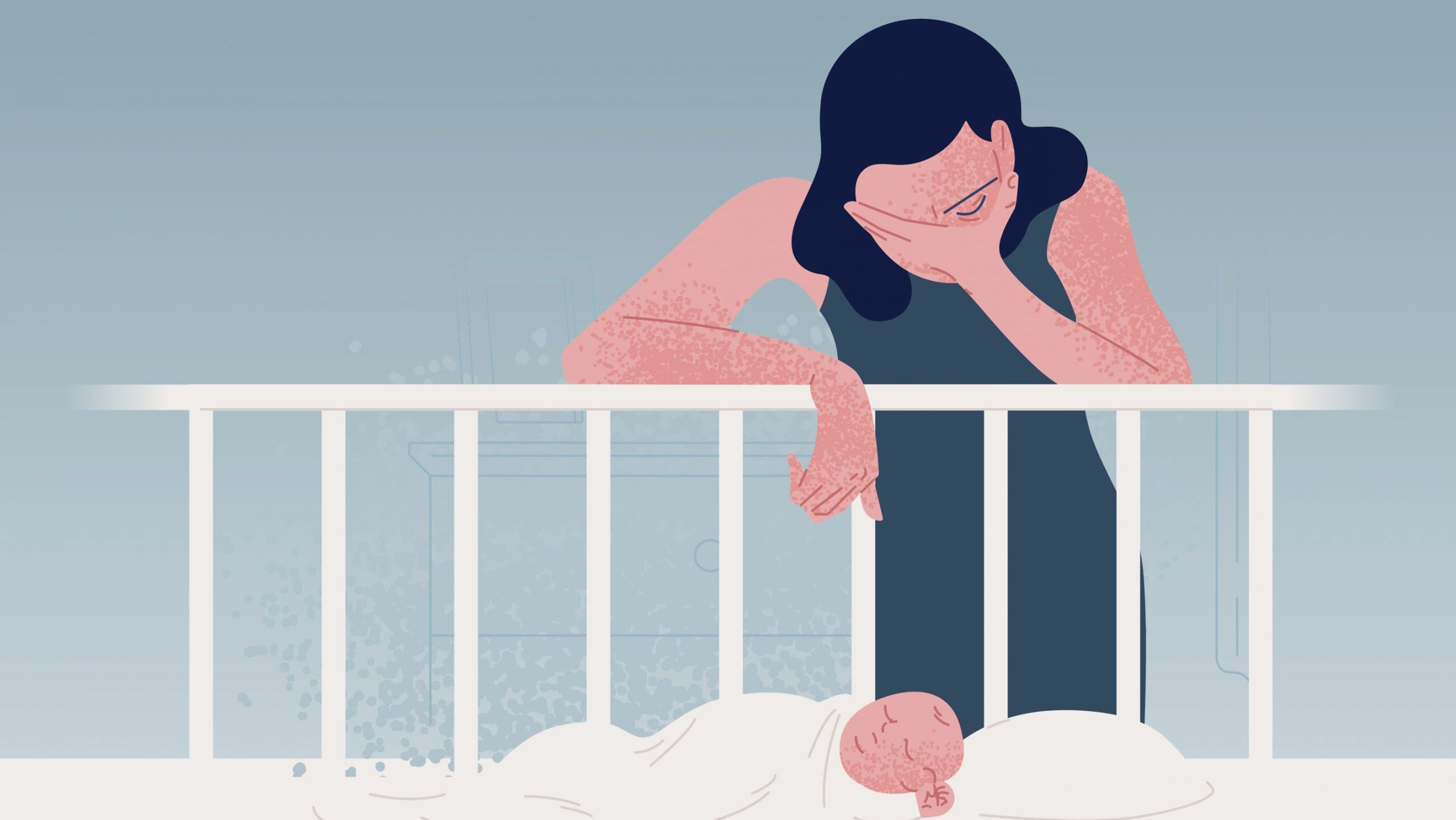On Wednesday, the Alabama House Health Committee passed HB322, a bill introduced by Rep. Frances Holk-Jones, R-District 95, which looks to institute Medicaid-covered screenings for postpartum depression after Alabama mothers give birth.
Specifically, HB322 “would require the Alabama Medicaid Agency to cover screening and would also regulate how Medicaid covers prescription drugs used to treat postpartum depression.” Additionally, the legislation would require doctors to “assess birth mothers for postpartum depression as part of postnatal or pediatric care” and would direct the Alabama Department of Public Health to “develop educational materials on postpartum depression for health care professionals and parents of newborns.”
“Over 9,000 moms across the state of Alabama suffer from postpartum depression,” Rep. Holk-Jones explained to the committee. “That’s nearly one in five new mothers, significantly above the one in seven national average.”
“Untreated postpartum depression increases long-term healthcare cost due to emergency interventions and long-term mental health needs as well as the damaging effects to the long-term development of her child,” Holk-Jones continued. “We must work to protect vulnerable children post-birth. We have a responsibility to set up future generations of Alabamians for success. By ensuring that those moms are mentally and physically healthy, we can start these children off on the right foot from the very beginning.”
According to the Mayo Clinic, postpartum depression can sometimes be mistaken for routine “baby blues” where a mother might experience mood swings, crying spells, anxiety or difficulty sleeping for a couple weeks after giving birth. However, the symptoms of postpartum depression are more intense and longer-lasting.
Postpartum depression “may eventually interfere with [a mother’s] ability to care for [her] baby and handle other daily tasks,” per the clinic. Symptoms of postpartum depression usually appear within the first few weeks after giving birth, but can begin as early as during the pregnancy itself, or as late as a year after birth.
“We do have a responsibility to help some of our most vulnerable mothers, this crisis cannot wait,” said Rep. Holk-Jones.
The committee appeared to agree wholeheartedly with Holk-Jones’ assessment and went on to pass the bill unanimously. HB322 will now go to the House floor to be voted on by the House at-large.




















































